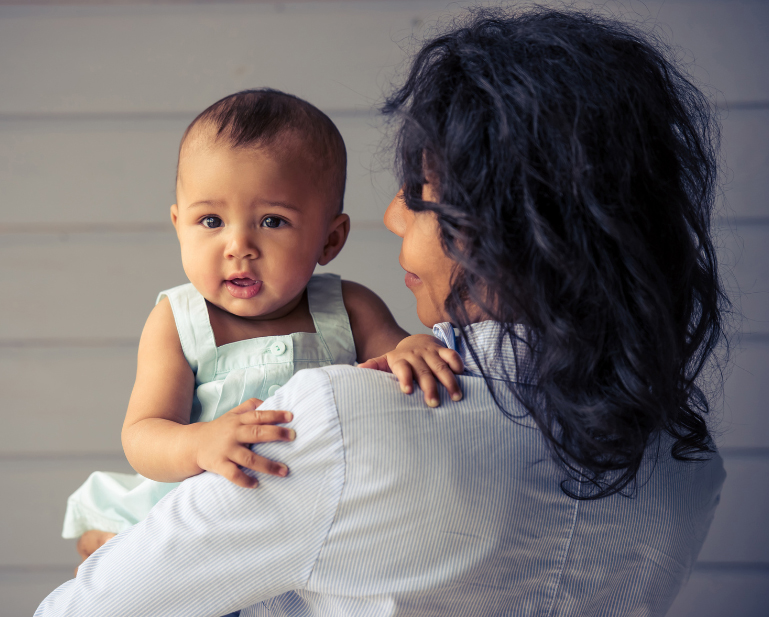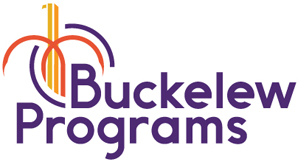With baby needing surgery, financial and mental health crises collide for new mom
– Yuri

Within days of giving birth to her youngest son at Marin General Hospital, Yuri watched her newborn be whisked away to UCSF Benioff Children’s Hospital in Oakland.
Edwin, born three weeks early, wasn’t breathing right. His heartbeat was irregular. He needed surgery.
In the following weeks and months, Yuri struggled to recover from her C-section, care for her two other young children, and commute daily from San Rafael to the hospital across the bay where her son was fighting for his life.
All the while, financial stress compounded for the immigrant family, who had arrived in the U.S. from Guatemala three years prior and was living payday-to-payday.
During Edwin’s three-month hospitalization, Yuri’s husband lost his moving company job because he missed too much work. They also had racked up unpaid bridge tolls from daily trips to the East Bay hospital and faced a $1,000 non-payment penalty. Worse, they were on the verge of losing their housing.
By the time Yuri connected with Buckelew’s Maternidad y Esperanza (“Maternity and Hope”) program for bilingual behavioral health and support services, she was feeling overwhelmed and deeply depressed.
“It was a very difficult time,” Yuri says in Spanish, speaking through a translator as we sit on a couch in the one-bedroom apartment she shares with another family in San Rafael’s Canal district. “I was unhappy because I didn’t have the baby here with me. My other children were sad because they wanted to be with their new brother and because the baby was getting so much attention. My husband was the only one for me to talk to about how I was feeling, but he was feeling stressed and sad, too.”
On the cushion next to Yuri sits Edwin, now 1 year old. Edwin happily flips the pages of a board book, unbothered by the gastrostomy feeding port protruding from his belly.
The scene was very different when Maternidad y Esperanza parent aid caseworker Hilda Castillo met Yuri last winter. Hilda was introduced to Yuri’s case by a welfare worker from WIC, the government assistance program providing the family with baby formula, who noticed how much the mother struggled.
“She was so sad and had no energy. She was withdrawn,” Hilda remembers. “The baby had been in the hospital since late October, and Yuri was feeling stressed and isolated.”
With financial and mental health crises colliding, Hilda sprang into triage mode.
Hilda, who has spent more than a decade helping Spanish-speaking expectant and new mothers access vital resources, connected Yuri to mental health support. She also helped her sort out the overdue FastTrak bridge tolls (the family lacked a bank account and credit card so didn’t understand how to pay), and identified financial aid services for rent, groceries, diapers, and health care.
“Hilda helped me a lot with filling out applications for rental assistance and connecting us with Canal Alliance and Adopt-a-Family,” Yuri says. “I was feeling better. I had someone to talk to. Whenever I call, she answers.”
Connecting clients with resources is a key component of the Maternidad y Esperanza program. Even under “normal” circumstances with a healthy and whole family, navigating life in a new country in a new language is challenging. Finding work, getting a driver’s license, opening a bank account, understanding and accessing the health care system – it’s overwhelming. Now imagine doing all that while pregnant or with a newborn.
Research shows that new immigrants, especially the undocumented, can face higher rates of mental health problems but often don’t seek or don’t know how to access appropriate care. Cultural stigmas may hold them back, or they distrust the agencies offering help.
But unaddressed maternal mental health conditions can have long-term consequences for the mothers’ physical health and their children’s development.
Maternidad y Esperanza combats new moms’ feelings of isolation, depression, and overwhelm with a multi-pronged approach. It includes postpartum support group sessions, home visits, and service referrals – all integrated with primary healthcare services at Marin Community Clinics.
For Yuri, she says each day feels a little lighter and more manageable thanks to Maternidad y Esperanza’s guidance. The family moved out of its last apartment, which didn’t qualify for rental assistance and wasn’t large enough to accommodate Edwin’s medical equipment. They found a new place that does qualify for rental aid and are sharing it with a sister-in-law and her children. Yuri also learned that Edwin qualifies for Medicaid because he was born in the U.S., and applied with Hilda’s help.
The family still faces several financial and medical hurdles, so Hilda plans to continue checking in on Yuri’s emotional well-being.
“I don’t know what I would have done without your help,” says Yuri. “I am so very thankful.”
